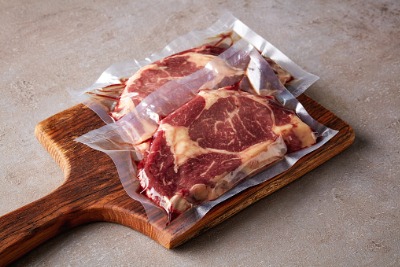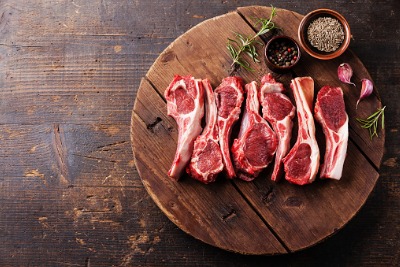
Differences Between ‘Halal’ and ‘Zabiha Halal’
For many Halal consumers and Muslims, "Halal" has become a common term often seen on packaging or restaurant menus, assumed to guarantee Islamic guidelines. However, the terms 'Halal' and 'Zabiha Halal' are often used incorrectly or interchangeably, creating confusion—especially in non-Muslim countries where “Halal” food may not meet full expectations. This article clears up the distinction between ‘Halal’ and ‘Zabiha Halal’ - helping consumers make informed decisions that go beyond dietary preferences, reflecting a commitment to ethical sourcing and conscious living.
What Is Halal?
Halal in Arabic means “permissible” or “lawful.” In food, it refers to items Muslims may eat under ethical guidelines. It goes beyond meat to drinks, cosmetics, enzymes, and processed foods. A product is Halal when it’s free from forbidden ingredients like pork, alcohol, and certain animal-derived ingredients—aligning with Islamic values.
What is Zabiha?
Zabiha, also spelled as “Dhabiha,” or "Zabihah", is an Arabic term meaning “slaughtered.” It is the prescribed method of slaughtering land animals to make them “Halal”. This does not apply to fish. Zabiha is more than a term—it’s a standard of ethical and dietary integrity. When an animal is slaughtered through the specific guidelines, it then becomes “Zabiha Halal.”

Halal vs. Zabiha Halal
All Zabiha meat is Halal, but not all Halal-labeled meat is Zabiha Halal. Understanding this distinction is vital for Muslims seeking alignment between diet and values.
Here’s a clear side-by-side comparison chart for Halal vs. Zabiha Halal:
Aspect |
Halal |
Zabiha Halal |
|
Meaning |
“Permissible” or “lawful” according to Islamic law. |
Specific method of slaughtering animals as per Islamic guidelines. |
|
Scope |
Covers all lawful things—food, drinks, cosmetics, finance, lifestyle, etc. |
Applies only to meat and poultry preparation. |
|
Process Requirement |
Must be free from forbidden (haram) ingredients like pork, alcohol, or blood. |
Must meet all Halal requirements plus follow prescribed slaughter method. |
|
Slaughter Rules |
Not necessarily specify the slaughter method if labeled “Halal” loosely. |
Animal slaughtered by a Muslim, with invocation of Allah’s name, and blood fully drained. |
|
Label Confusion |
“Halal” label can sometimes be used loosely, especially in non-Muslim-majority countries. |
“Zabiha Halal” label offers greater assurance of correct Islamic slaughter. |
|
Health Benefits |
Avoids harmful/forbidden ingredients. |
Same benefits plus reduced risk of contamination from undrained blood. |
|
Consumer Action |
Verify ingredients and certification. |
Always confirm slaughter method and certifying body. |
|
Example |
A drink without alcohol. |
Meat processed according to full Zabiha guidelines. |
Common Misconceptions
Myth: Halal means Zabiha Halal
Reality: Not always; Zabiha steps may be skipped.
Avoid it: Ask how the meat was slaughtered, not just if it’s Halal.
Myth: The label says it all
Reality: Some certifications are weak or unverified.
Avoid it: Research the certifier and choose trusted Halal authorities like ISA.
Myth: Muslim-owned = Zabiha Halal guaranteed
Reality: Not all Muslim owners sell Zabiha Halal meat.
Avoid it: Respectfully ask about suppliers and slaughtering methods.
Why It Matters
Knowing the difference between Halal and Zabiha Halal is essential for mindful choices. In countries where Muslims are a minority, “Halal” is sometimes used loosely due to fewer certification bodies and lack of awareness. Consumers should verify the process and seek credible certification from reputable organizations like ISA to ensure meat is truly Zabiha Halal. Halal confirms the food is lawful; Zabiha Halal assures the process met Islamic slaughter standards—adding extra assurance to your plate. Your plate reflects your values and lifestyle, making awareness the first step toward authentic Halal living.

Islamic Services of America (ISA) is a leading USA based Halal certification and auditing organization serving companies, the community, and the Halal certification industry for over 50 years. Contact ISA at isa@isahalal.com or send your initial inquiry to Halal certify your products at https://www.isahalal.com/contact or visit the ISA website for more information at https://www.isahalal.com/. All images used on our website are exclusively licensed from www.istock.com. Any false claims regarding the ownership of these images will result in legal action and prosecution.
